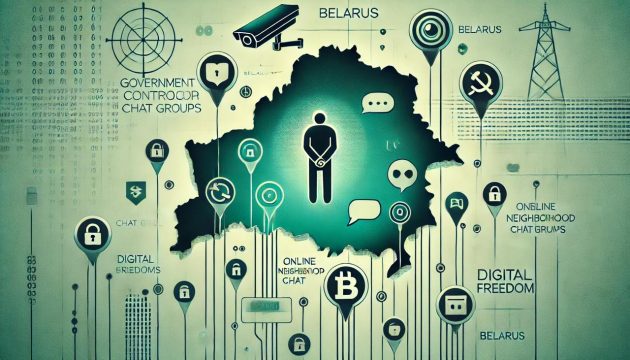

According to the Vyasna human rights center, more than 100 people have been detained for participating in such Telegram chats, which the authorities consider extremist because of their role in the 2020 protests.

According to the Belarusian KGB, these chat rooms are considered extremist because of their role in coordinating protests after the 2020 elections. Detainees can be sentenced to up to 10 years in prison for participating in online communities that the authorities consider threatening.
Human rights activists point out that this is another attempt to suppress dissent and control the information space in a country where state-controlled mass media is the main source of information. The main opposition candidate for the 2020 elections, Svitlana Tykhanovska, emphasized that there are more than 1,300 political prisoners in the country, many of whom are in critical condition. She also noted that Belarusians often use two phones, VPNs or temporary phones to access independent news in an attempt to escape KGB control.
Belarus severely restricts citizens’ digital freedoms: after the 2020 protests, independent media and opposition online communities were declared extremist. Suspects of supporting independent news and opposition views may face up to six years in prison. Lukashenka’s regime continues to suppress dissent. The new wave of arrests of participants in “neighborly” chats is both confirmation and evidence of the strengthening of control over the elections by the Belarusian authorities, as President Lukashenko tries to secure another term against the backdrop of the suppression of political and civil dissent.
